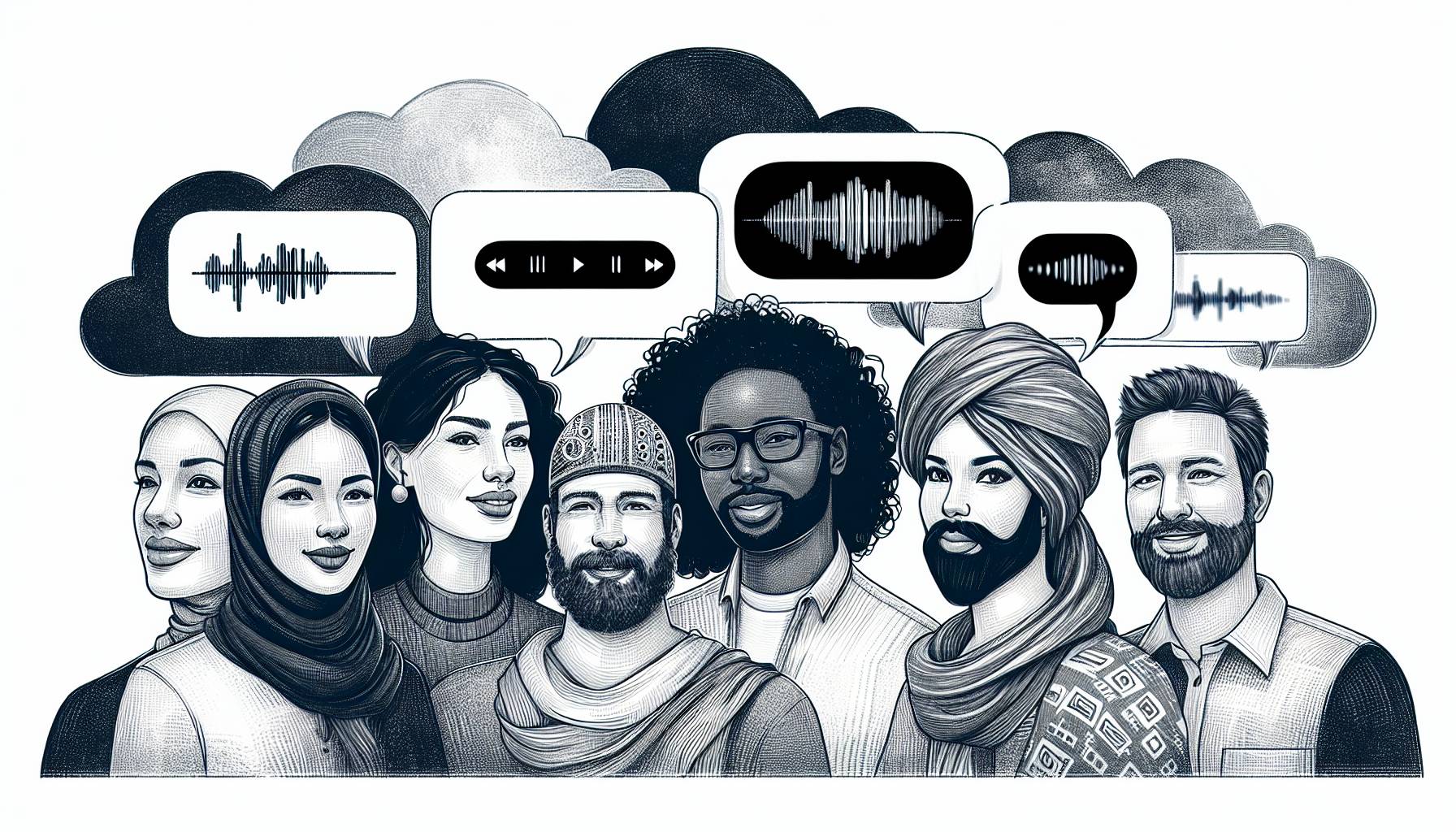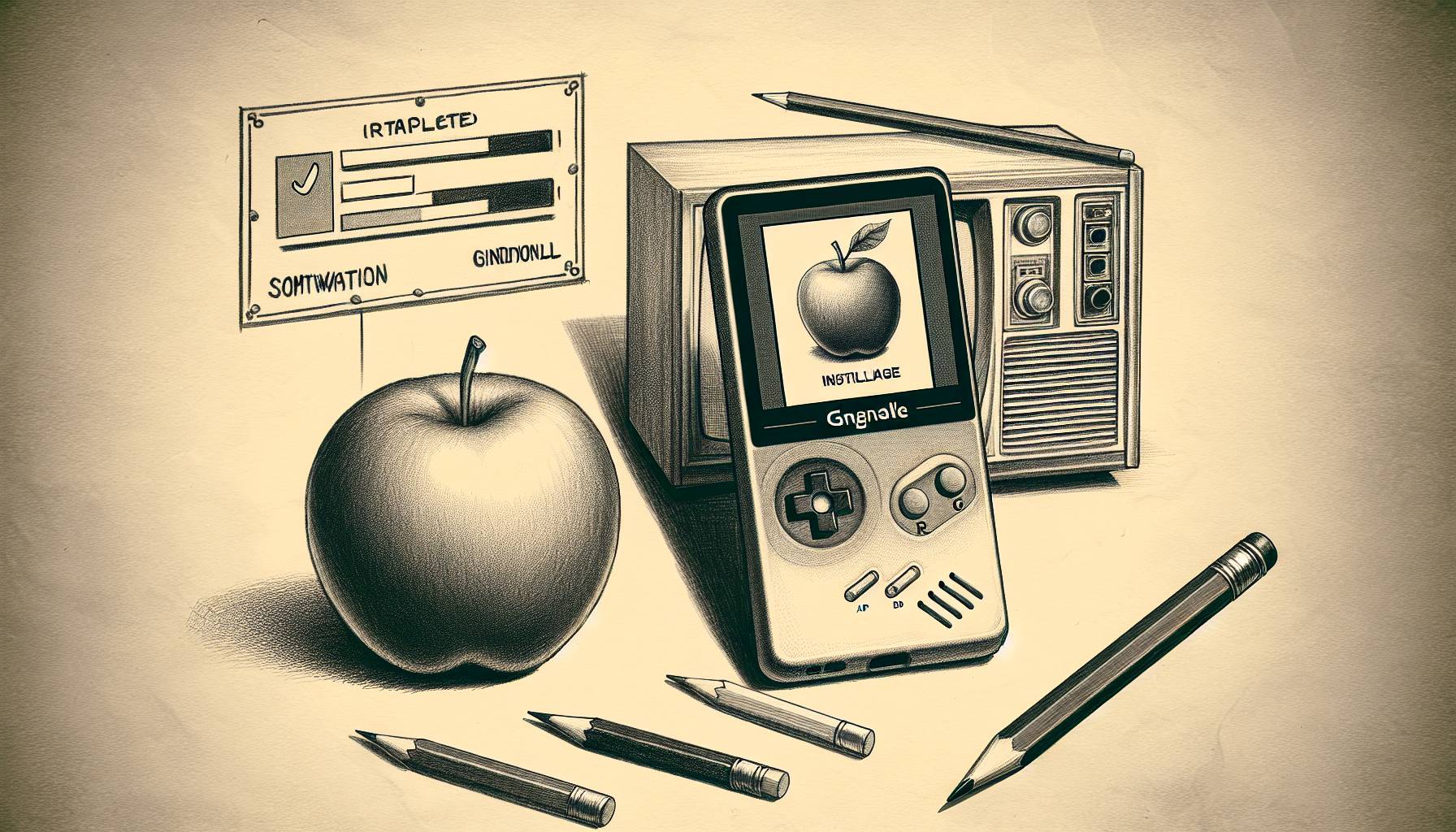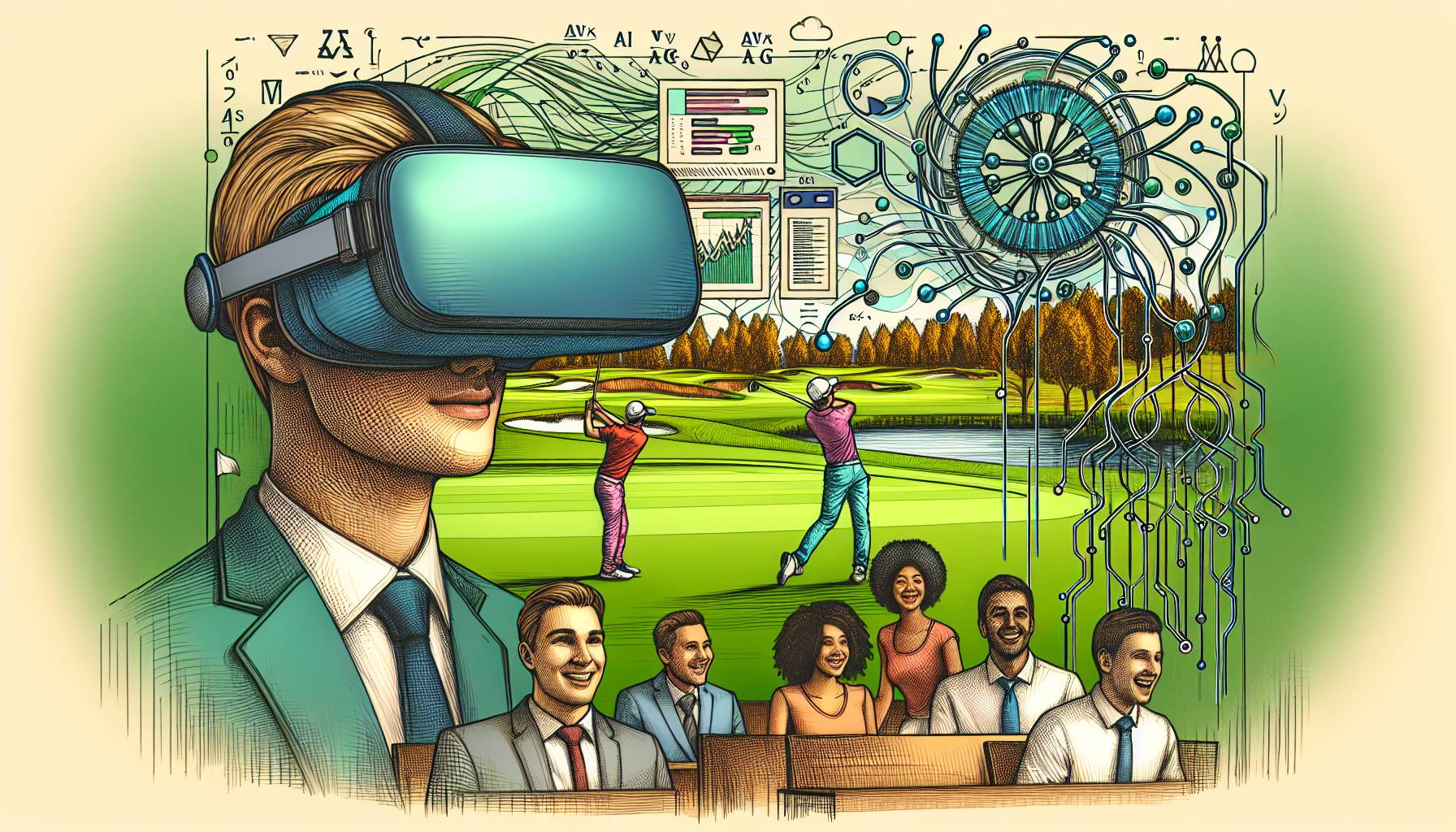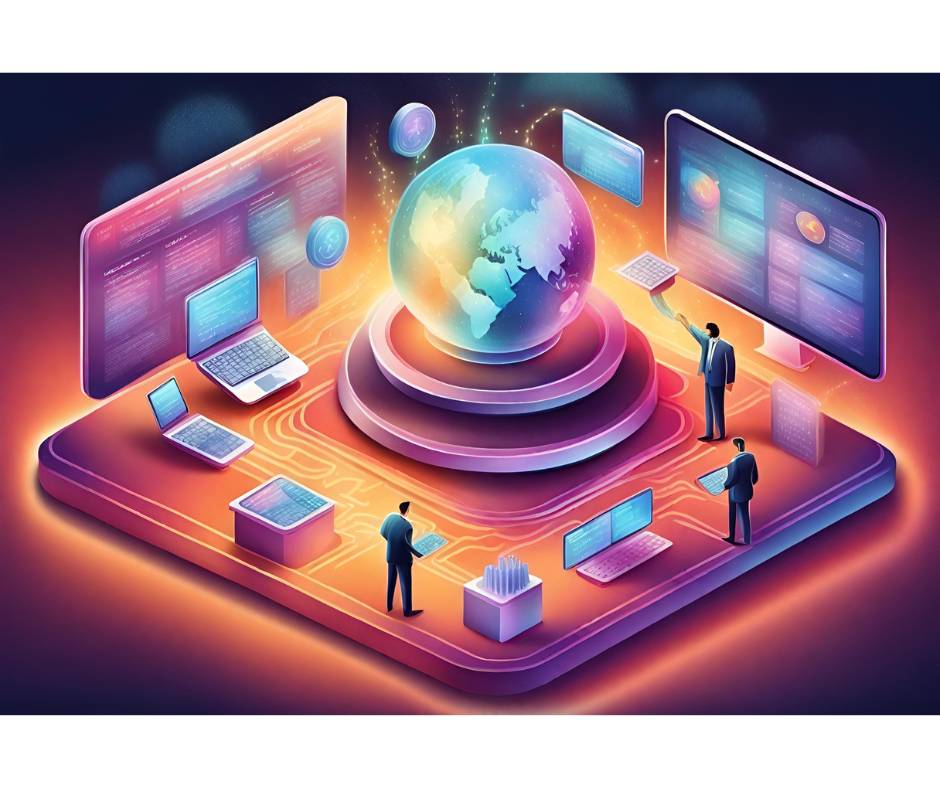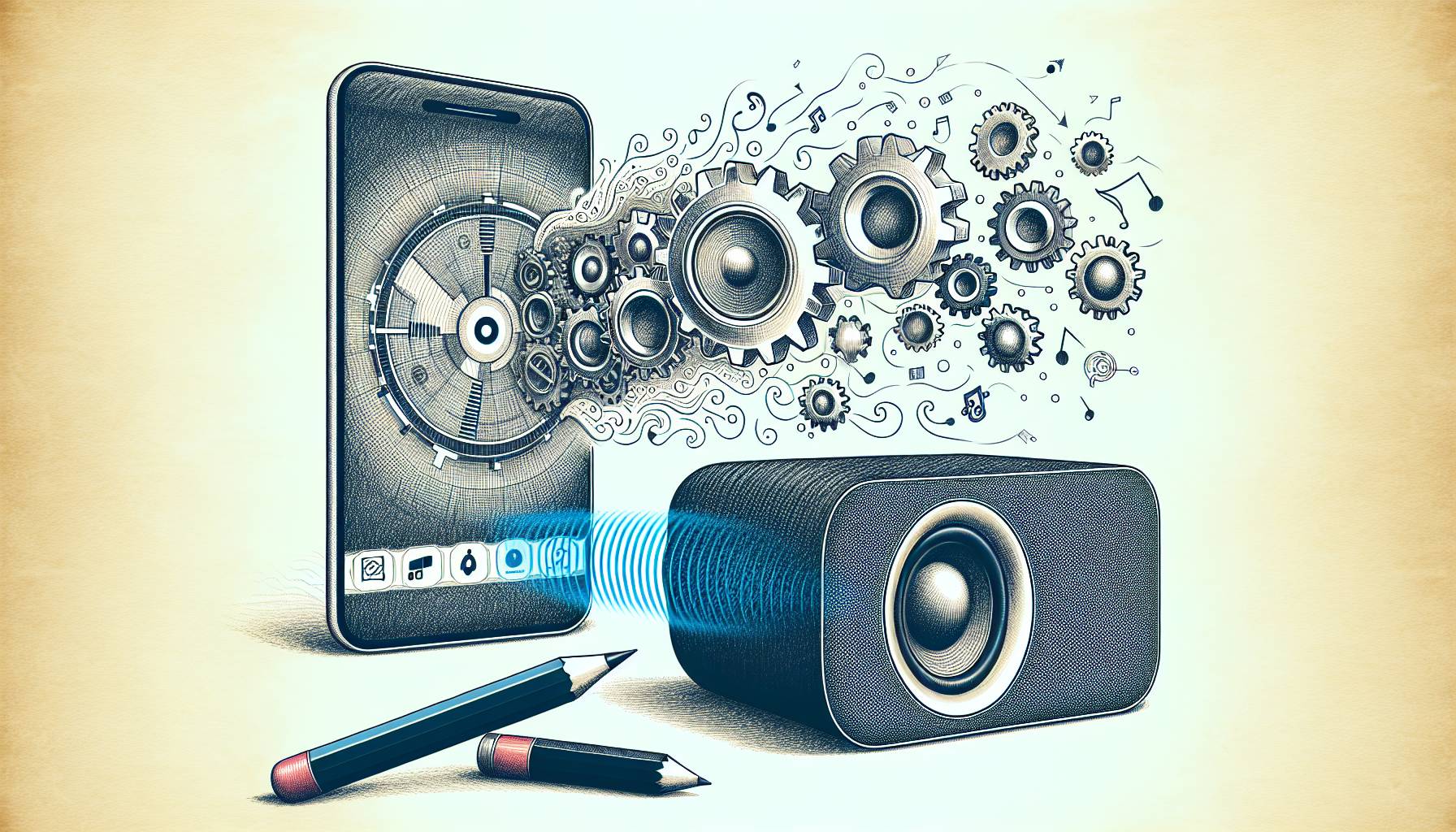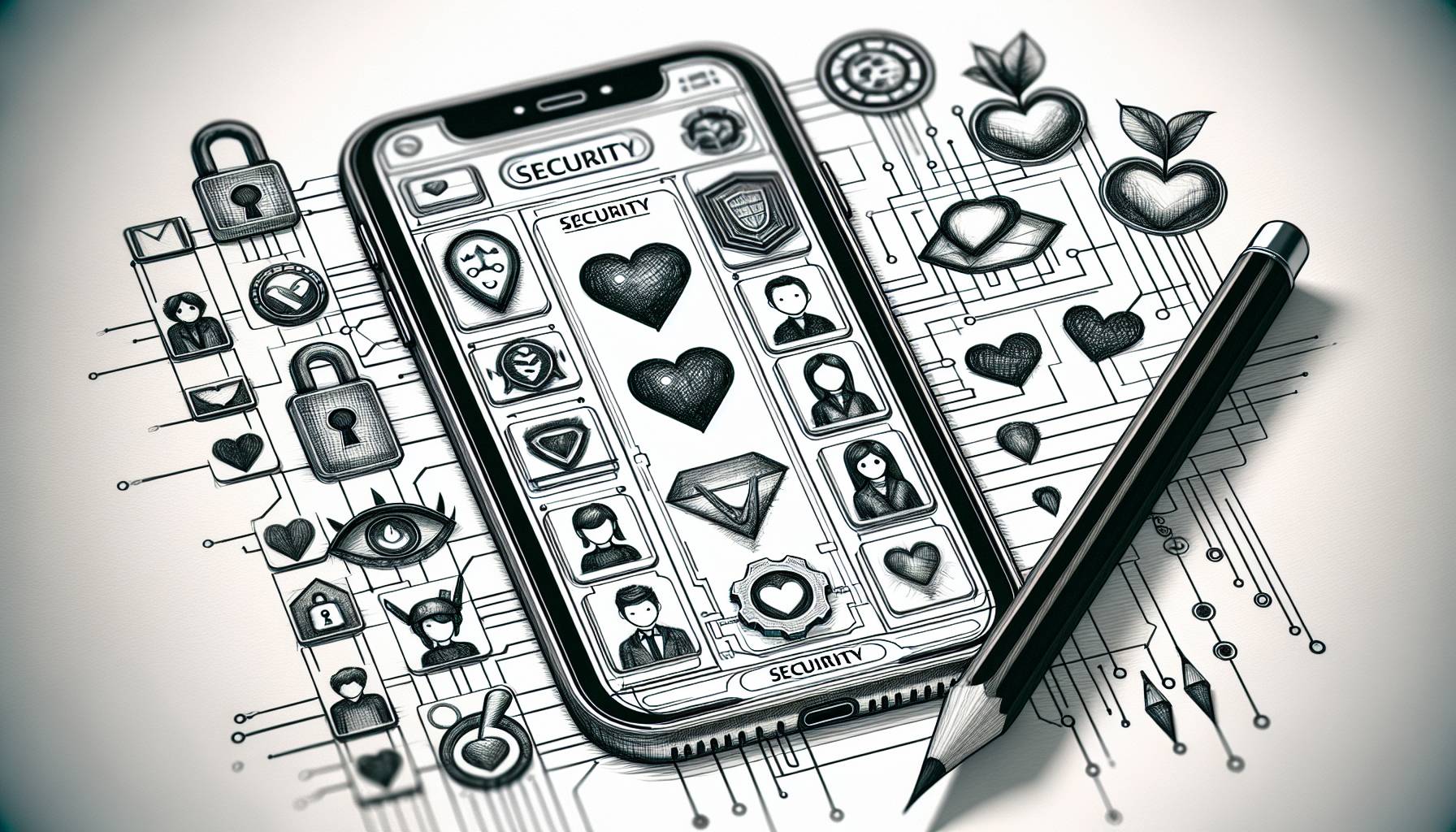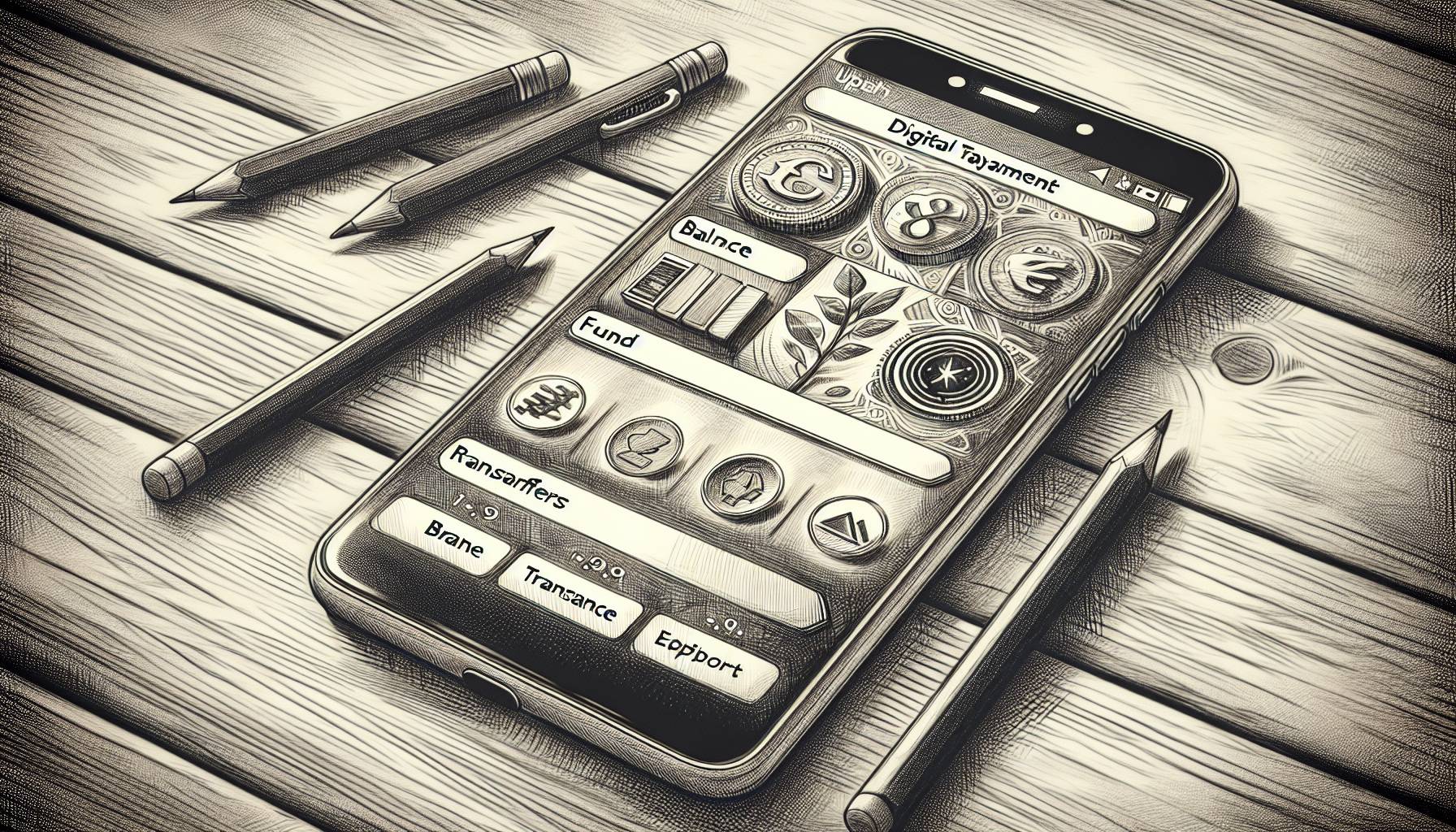It’s a year to the day since the birth of the iPad, and while that might be something worthy of rejoicing to Apple (AAPL) fanboys, those of us paying attention have a question — what now?
Sure, we’ve been hearing rumors about the iPad 2 and, realistically, it isn’t that impressive. Most of the features that the most prominent rumors threw around about Apple’s follow-up to its massively popular tab seem like forgone conclusions. Front- and rear-facing cameras? Of course — the iPhone 4 has it, so why wouldn’t the iPad 2? In fact, front and back cameras are so standard today, it feels like Apple is lagging behind the times with the iPad’s single forward-facing offering.
Don’t get me wrong: the iPad’s first year has been quite an impressive one. Apple’s machine has become a household name (remember when everyone made fun of it for being dumb?), it has more or less single-handedly revived the tablet computing market, and it has sold 14.8 million units. That’s nothing to sneer at.
As Mashable mentioned and OnSwipe showed with a great infographic, the iPad has a laundry list of achievements for being so young. It dominates the tablet landscape with 90 percent of the marketshare — an insane amount for a single computer, and it only has 3G support from a single carrier, to boot. Analysts expect 15.1 million tablet devices to be shipped in 2011, and by 2014, they’re putting the number at 115 million. The entire tablet world has been inexorably altered.
But here’s the thing: while Apple is planning an iPad sequel that has a better display, better speakers and two cameras. The iPad 2 and the next iPhone are going to be Apple’s supersoldiers in its war for operating system dominance with Google and its Android. But the troops rallying for Google (GOOG) seem beefier and more creative.
Today, on the one-year birthday of the iPad, Sony (SNE) announced something huge for Android owners and video gamers: a service called PlayStation Suite — an Android-based gaming platform that will include emulated ports of old PlayStation games, as well as Sony-screened new games from developers. PlayStation Suite will be available for Android devices, allowing the massive casual mobile gaming audience to access PlayStation and Sony content, and it’ll also be available on the NGP, Sony’s newest, super-powerful gaming system.
Sony’s fired the second warning shot, and the reverberating declaration is, if you’re serious about gaming, you’ll be needing an Android.
The first shot in the upcoming gaming war was fired by Verizon (VZ) at CES 2011 in Las Vegas a few weeks ago. During the show, the company announced excitedly, and at length, all kinds of new stuff related to the rollout of its 4G LTE network — but one of the biggest was the ability of 4G LTE customers to play games on Android tablets and phones against players in the same game on PCs and PlayStation 3s. Cross-platform compatibility is happening on Android devices within the year, if not already, and it could have the potential to create a nebulous gaming community that has never been achieved before.
Where it’s not happening: the iPhone, the iPad, or any device with an ‘i’ in front of its name.
Google’s pushing non-gaming technology forward with its operating system a lot more quickly than Apple as well. We’ve been hearing about Android 2.3 Gingerbread’s Near Field Communication (NFC) support for a few months now. That’s the technology that allows your phone to communicate with other devices at close range, to gather specific information or even complete in-store transactions: it has the potential to be a really big deal, and Google has been pursuing it for a while now.
Rumors are just now going around that Apple is checking into NFC technology for iPhone 5, speculated to be forthcoming this summer. But it feels a little late.
The point is this: in Tokyo today, the iPad’s birthday, Sony rolled out some big technological innovations in a community that has come up huge for smartphones and for both iOS and Android.
Time for Apple to start showing us how it plans to start sharpening up the cutting edge and getting into the game. Right now, it certainly feels like Google and Android are holding most of the cards.



